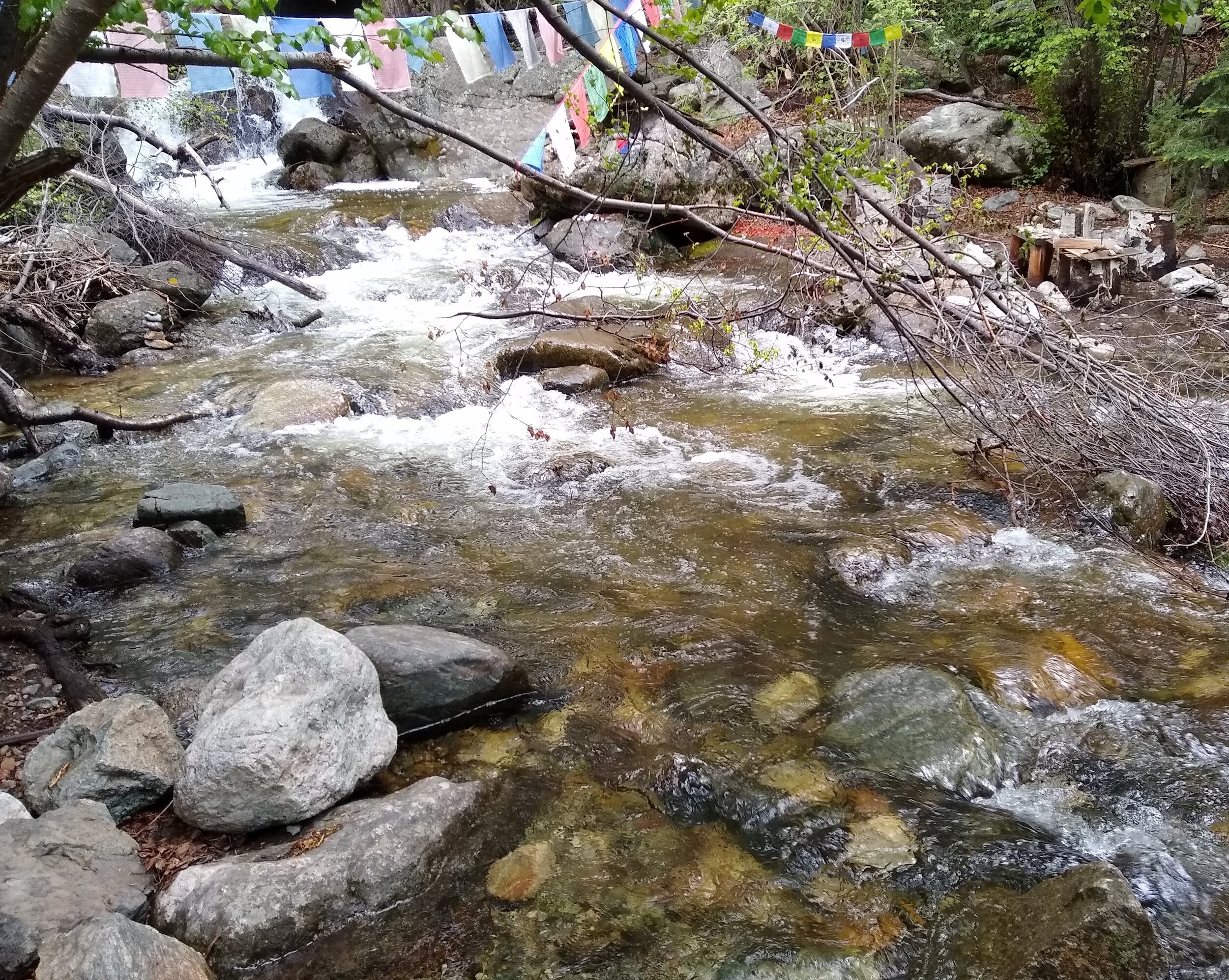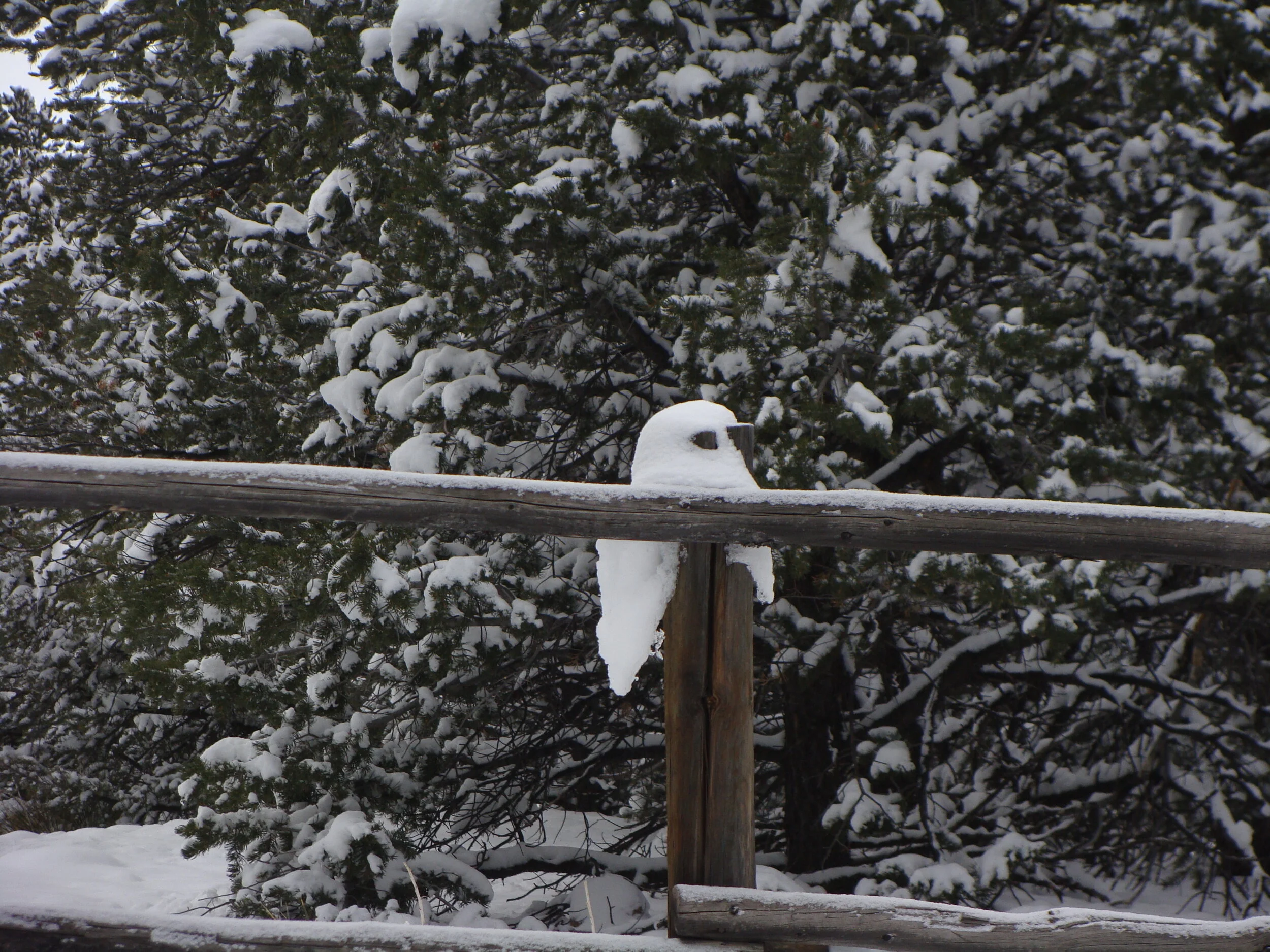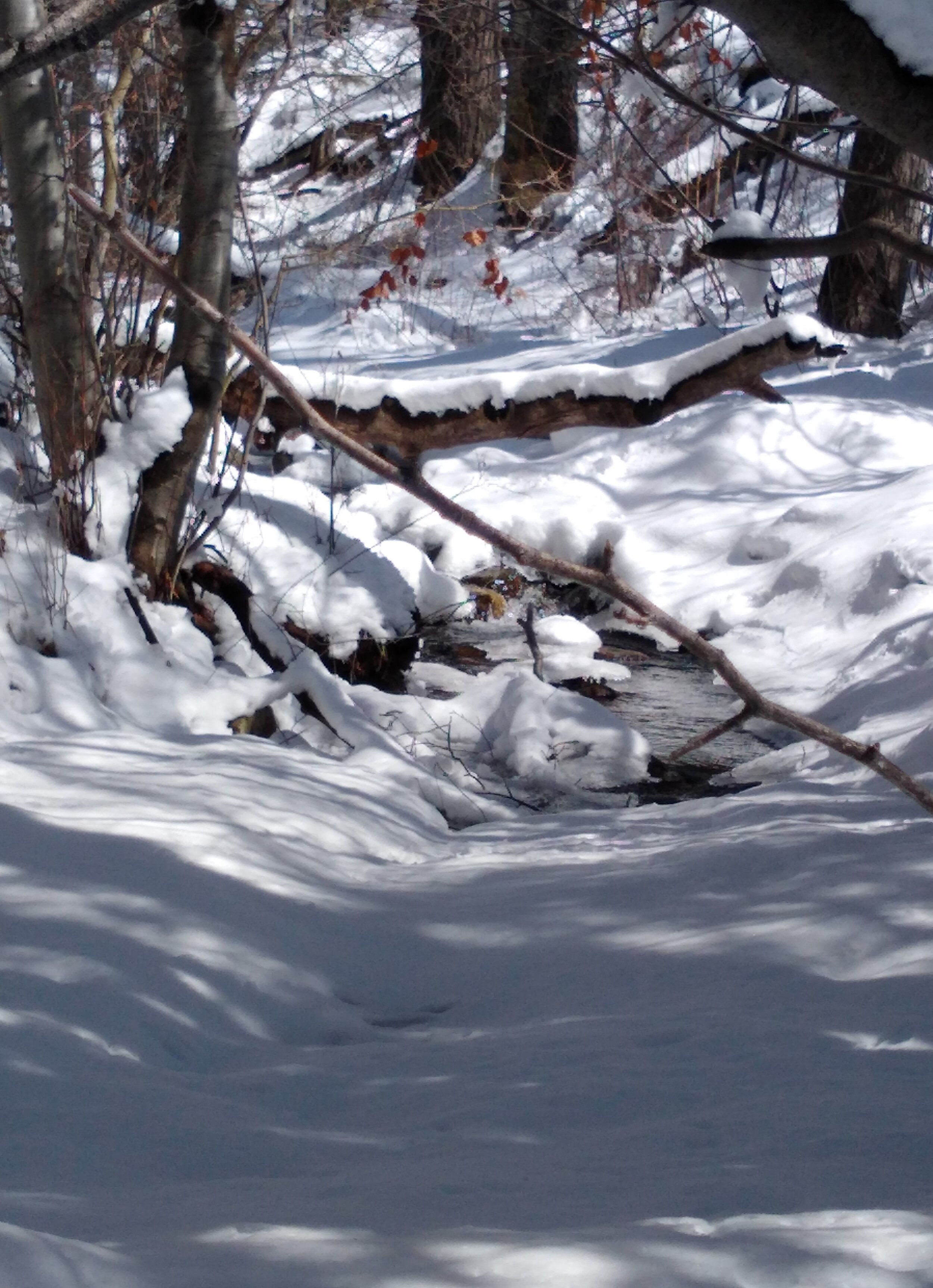Full Moon Spiral
I am a person who constantly is trying to liberate myself from my socialization and the weight of the culture that I was born into . . . so that I can choose in every moment how I want to respond based on my values and care for the whole. Miki Kashtan (8 January 2023 – This Nonviolent Life: Daily Inspiration for Your Nonviolent Journey – Pace e Bene Nonviolence Service)
More and more I’m noticing places where my values, my dreams, my care are at odds with so much what’s brought forward in mainstream culture, so it was no surprise that this daily quote caught my attention. Its declaration of aiming to be at choice about how to respond in every moment based on values touched a resonant chord in me. That very idea itself is liberating.
As I began to explore, I wondered, ‘Do we need to struggle? For me, the language of ‘constantly trying to liberate’ suggests struggle. Muse sighs and tickles another question or two: On what foundation is our culture built? What’s beneath the surface of our cultural habits and our socialization into that culture?
Stories. And stories about stories. Our stories. Old stories. Accurate stories and those that are not. Stories. Conscious stories. And those of which we are not aware.
I’m no stranger to how stories form our world, the culture, and ingrained habits of living and walking in that culture every day. Or to how our own stories about those stories (yes Muse, MY stories!) form the life we experience and how we experience it. Indeed, The Pivot is replete with stories as was The Zone, its predecessor. And with calls for new stories to create our world anew.
I believe that every thought we think and action we take is based on layers and layers of stories and beliefs, many of which we are aware of and far too many of which have been lost to our awareness. Yet conscious or not they inform our choices, build our world. And they inform our snap reactions, as I was reminded by an experience – and my reaction – this week. (‘Now we’re getting to it!’ encourages Muse.)
Despite a good amount of work and attention to shifting over the years, I discovered that a long-held story that I’m not enough still lingers in layers of my being, popping in at inconvenient times without invitation or conscious choice.
I experienced such a ‘visit’ several days ago when I received results from a recent body scan, a tool intended to provide insight, direction, and support. But rather than seeing my results as they were intended, I reacted as if they were a personal affront, criticism, clear evidence to support the old story that I’m not enough.
I spiraled (‘downward’ notes Muse) for a bit, holding the results as an indicator of something ‘wrong’ in me that needed to be ‘fixed’. It was familiar, if uncomfortable, territory until a different story rose in me. That story invited a different view, a view that the results are an invitation, not to fix, but to grow, to learn, to deepen understanding and awareness. I embraced the invitation into new territory or to familiar territory in a new way, opening curiosity about what I might discover. A path of exploration became clear.
New stories. We need them individually and collectively in our chaotic world that is crying for a remodel, a reboot. No current writer/thinker that I’m aware of groks and writes about the importance of stories more cogently than Charles Eisenstein. And, given my experience this week, it’s no surprise that he published an essay a couple days ago outlining his ideas contrasting the old stories of separation with new, emerging stories of interbeing: What is the Next Story? (I encourage you to read or listen here).
With each choice, thought, and action we are following the old or making way for the new, supporting its emergence. I know which path I choose. May my choices be conscious, clear, and consistent with calling forth the new.
New Snow on the Peaks!



















